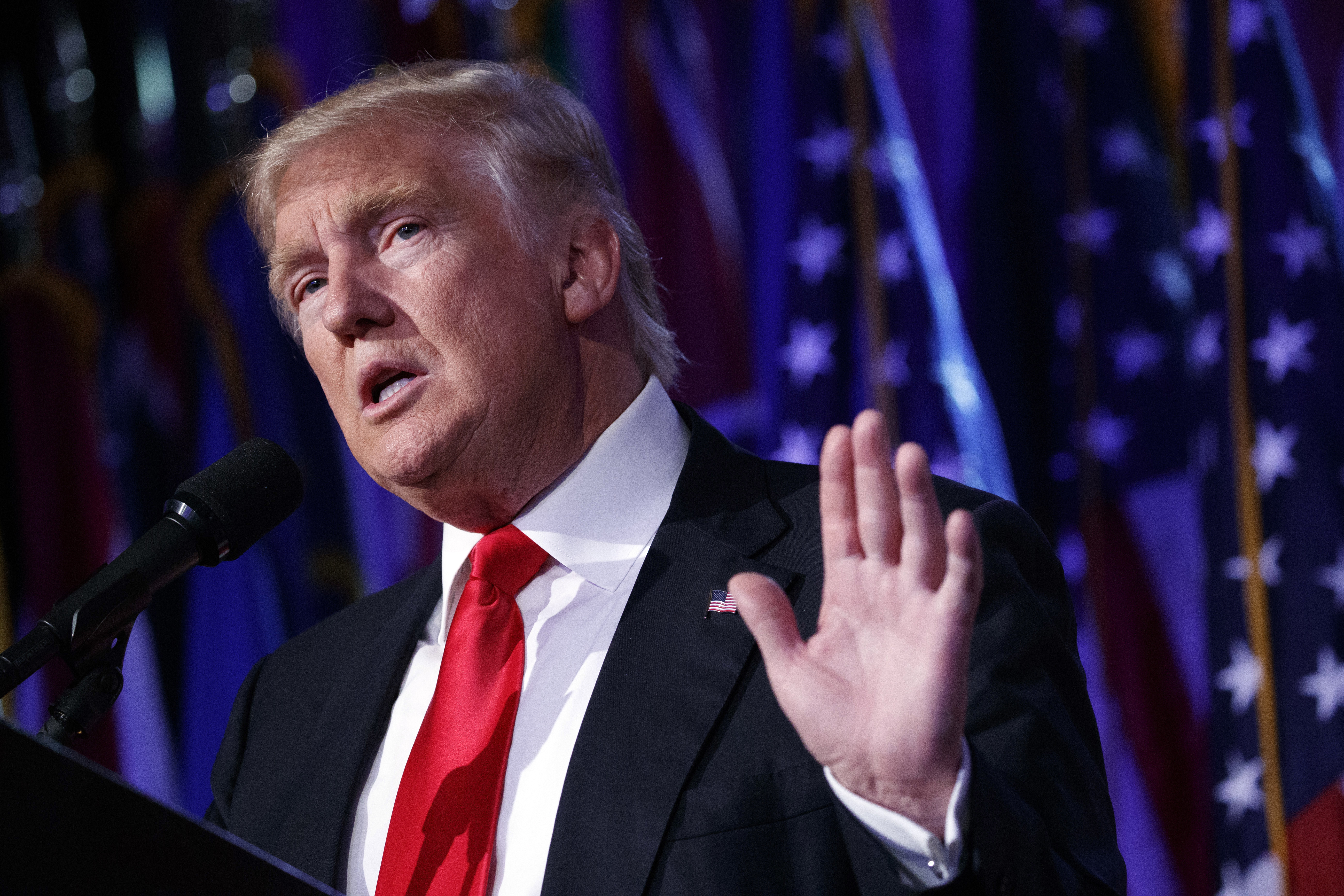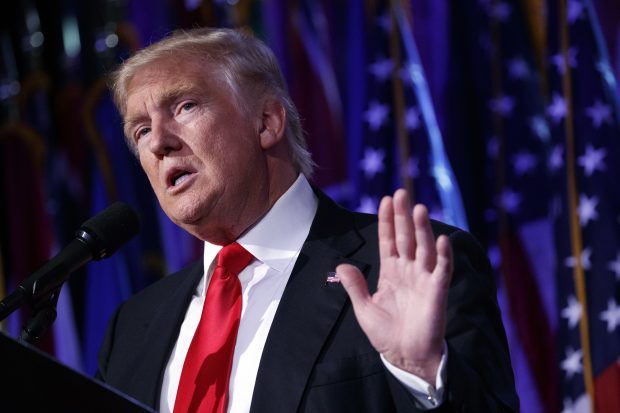
What to Expect from the New American President Trump’s Foreign Policy

by Greg R. Lawson – Contributing Analyst, Wikistrat
In light of the surprising election of Donald J. Trump to become the 45th President of the United States, leaders around the world are scrambling to determine what this means for their own national interests.
On one hand, this is an entirely normal process. Though the U.S. is no longer the single hyperpower able to bestride the globe as an unfettered colossus, it remains, by most measures, the single greatest power. This leads to a certain level of handwringing every time a new United States President assumes office. Of course, President-elect Trump is far from an ordinary American politician. Additionally, the Eurasian balance of power is up for grabs as it has not been since the end of the Second World War. Those combined factors make how the incoming Trump Administration operates of far greater interest, and fear, than usual.
Aside from Mr. Trump’s personality, which has drawn criticism from many cultural elite quarters, he has also made statements shocking to the policymaking elite in both Washington and many other world capitals. Headlines around the U.S. and Europe mostly lament what they see as a retrenchment of globalization under a Trump presidency. They further see Mr. Trump as turbo-charging the already present trends of populism, regionalization, and renewed great power rivalry.
Though not entirely wrong, much of this is overblown hyperbole.
There is no question that Mr. Trump’s winning domestic political message to states like Ohio, Michigan, Pennsylvania and Wisconsin that comprise the American heartland, and secured his bid for the White House, was an attack on key tenets of neo-liberal orthodoxy. His apparent desire to renegotiate free trade agreements such as NAFTA and prospective agreements, like the Trans-Pacific Partnership, certainly is a break from the past 40 years of American policy. Further, his oft-stated view that American allies pony up additional dollars to pay for U.S. could change the terms of these relationships.
Though these changes of position do reflect particular peculiarities of Mr. Trump, they also reflect a deep strain of thought long embedded in the United States body politic. As American analyst Walter Russell Mead has astutely observed, Mr. Trump is a populist whose best echo is the 19th Century figure of President Andrew Jackson.
So-called “Jacksonians” are neither isolationists nor daydreaming utopians. Rather, they are pragmatists who look at the bottom line. They are more transactional and aggressive than many U.S. policy elites. This is especially true when they perceive that they have been wronged and their honor damaged. They are also willing to stand by allies so long as they do not feel as though they are being taken advantage of. They feel America is morally different from the rest of the world, but unlike most DC policy elites, they have no interest in remaking other nations in America’s image.
Thus, while Mr. Trump represents a sharp break with the status quo, America is not about to disappear and embrace a fully isolationist position. For worried allies, this should provide some comfort. Yet, they should also prepare for a far less legalistic and far more hard-nosed, unsentimental approach to foreign affairs.
President Trump will not push a heavy human rights agenda that could compromise cooperation in areas he deems important to U.S. security or geopolitical advantage. This will be a boon to sterner regimes, like Russia, Egypt and possibly Turkey, who have grown tired of American hectoring over the last couple of post-Cold War decades. A Trump Administration will probably pursue limited free trade agreements with a focus on American gains. It will also not unilaterally scrap present treaty obligations with allies but will demand more from allies in terms of defense spending and the elimination of what it deems to be unfair trade practices that disadvantage U.S. businesses. Though unlikely to walk completely away from European and Asian allies, a Trump Administration may downgrade relations if it feels that it is not being negotiated with in good faith. The Philippines could be an example in East Asia where the Trump Administration may choose to showcase its harder edge given the President Duterte’s clear, and somewhat ham-fisted, effort at triangulation between the U.S. and China. Saudi Arabia could be an example in the Middle East.
The casual assumption is that this will lead to a more chaotic the Middle East and a more powerful China in East Asia. This is far from likely. Rather, a Trump Administration is likely to work with Russia, and possibly Turkey, to drive a stake through the heart of ISIS while asserting a long-term balance of power between the Sunni world and the Shia world centered on Iran. Further, the Trump Administration recognizes that China is a power that can significantly reduce American freedom of action if left solely to its own devices and not counterbalanced by other East and Southeast Asian neighbors. Thus, it can be expected to shift focus from Europe to East Asia as a calculation that this is the region where long-term American interests will be most threatened. Smart diplomacy by East Asian actors, in particular, Japan and South Korea, can effectively validate their obvious role in the East Asian balance of power.
Overall, the world order has already shifted from unipolarity in the aftermath of the Cold War’s end to an era of looming multipolarity. The Trump Administration did not usher in this age of transition, nor will it attempt to recreate an already decayed order. Rather, it can be expected that the Trump Administration will find doing business in this murkier world order comprised of shades of gray to its liking. For every country used to business as usual, there will be pointed changes. However, if, while pursuing their own interests, nations can convince the Trump Administration that a course of action will also profit America, they will be heard loud and clear.



